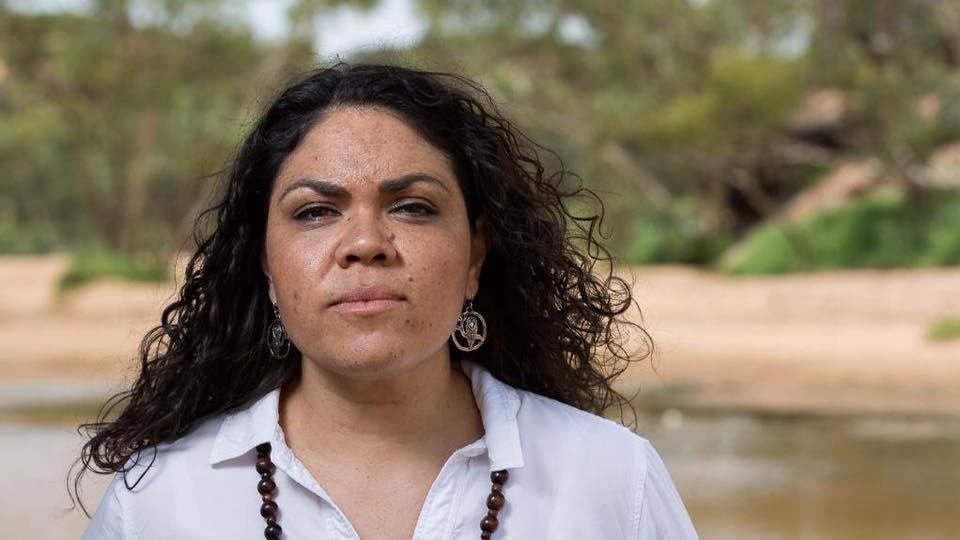The Labor government’s election pledge to put the Indigenous Voice in the constitution could divert attention away from the real problems that the Aboriginal community in remote areas is dealing with, says an Australian Liberal senator of Indigenous background.
It comes after newly elected prime minister Anthony Albanese promised he would implement the Uluru Statement from the Heart “in full.”




